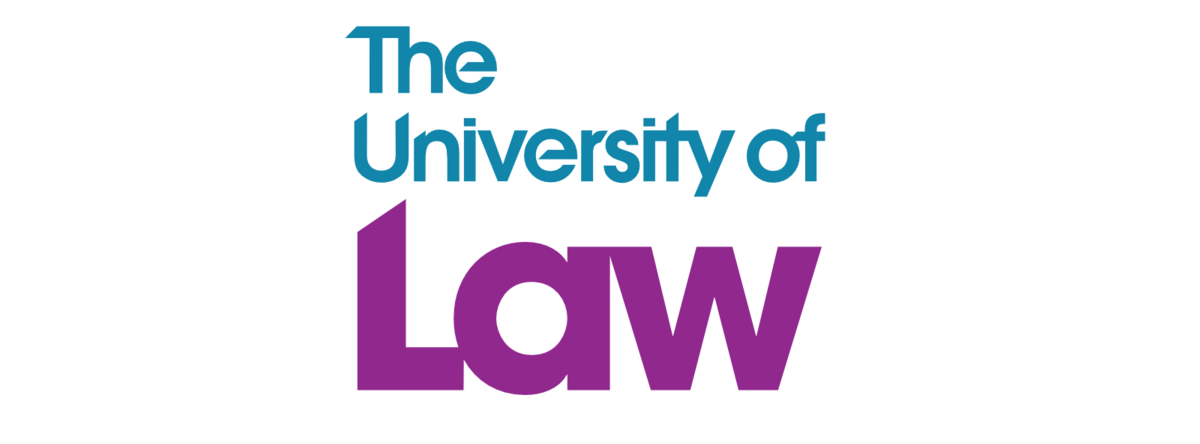
SQE Route to Qualification
The Solicitors Qualifying Examination (SQE) was introduced by the SRA on 1 September 2021 to replace the Legal Practice Course (LPC). Anyone accepting a place on a law degree or conversion course after that date must complete the SQE route to qualify as a solicitor.
So, what is it and how may it affect your firm?
Why was the change made?
The Legal Education and Training Review, 2011, identified issues with the status quo. There was no standardised, robust, assessment. The LPC route was considered to be inflexible and expensive, limiting the numbers of students from disadvantaged and diverse backgrounds able to access that training.
Therefore, the introduction of the SQE route to qualification has two main aims:
- To provide a single, rigorous assessment; and
- To increase access to the profession through the flexibility and affordability of the assessments.
How does it work?
To qualify as a solicitor candidates must now:
- Have a degree in any subject (or equivalent qualification or work experience)
- Pass both the SQE 1 and SQE 2 assessments
- Have two years of Qualifying Work Experience (QWE)
- Meet the SRA’s character and suitability requirements
The assessments for the SQE are markedly different from the LPC. There is no requirement for the candidates to complete any formal course, however the market has responded to this with a variety of preparatory programmes ranging from short courses to LPC successor Masters programmes. The SQE1 tests functioning legal knowledge (FLK) by way of single best answer questions. The SQE2 tests the practical skills with oral and written assessments. The cost of taking both assessments (excluding the costs of preparation courses) is £4,564.
QWE is the replacement for the training contract. It can be undertaken at up to four organisations before, during or after the SQE assessments. There is no longer the requirement to complete 4 ‘seats’.
What does it mean for you?
Much of the discussion in the press and on social media has focused on the impact on potential candidates, but firms also must ask new and challenging questions:
- Who will pay? Is your firm able to fund the candidate through the SQE and, if so, have you considered what will happen if the candidate fails? If you are unable to fund them, you will be limiting your profile of candidates to those able to self-fund or willing to take on further debt (Student Finance only being available for Masters courses and not the standalone preparation courses). Also, where a student fails an assessment they must pay again to re-sit it.
- What form will the QWE take? Do you want your candidates to do a traditional ‘seat rotation’ or would the business be better served by them resourcing one department only? If the latter, does this provide a well-rounded training proposition that will entice candidates to apply for your firm?
- When do you want the candidates to do the SQE? Would you want candidates to have completed their SQE assessments before joining your firm or are you open to candidates working for you and studying for the SQE alongside? Have you considered the difference in skill set and knowledge that candidates at different stages of their SQE assessments will possess and how this will impact the work they are competent to carry out? How would your firm be able to support students managing their study and assessments whilst working? Would you be able to offer study leave and time off for assessments?
These questions must be asked and can present conflicting answers.
If you would benefit from a discussion about what courses are available and when, please contact Anne Roberston (anne.robertson@law.ac.uk), Newcastle Campus Manager at The University of Law.
